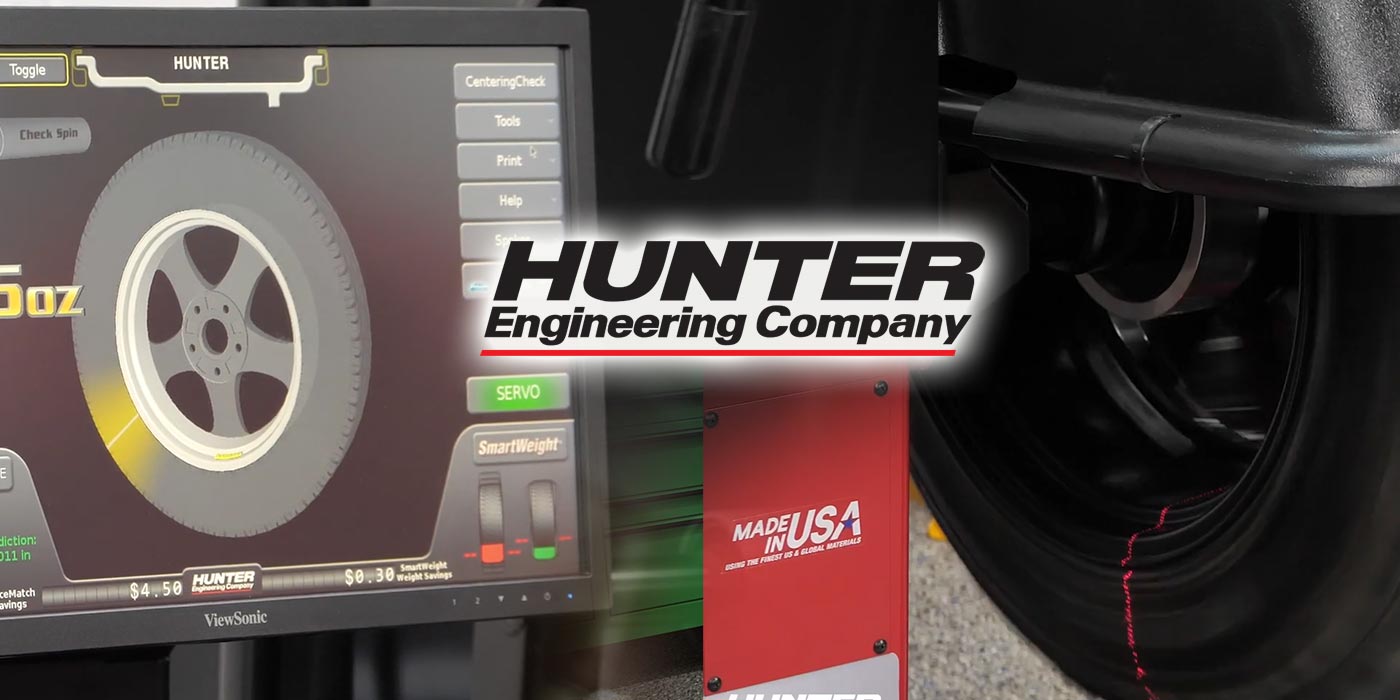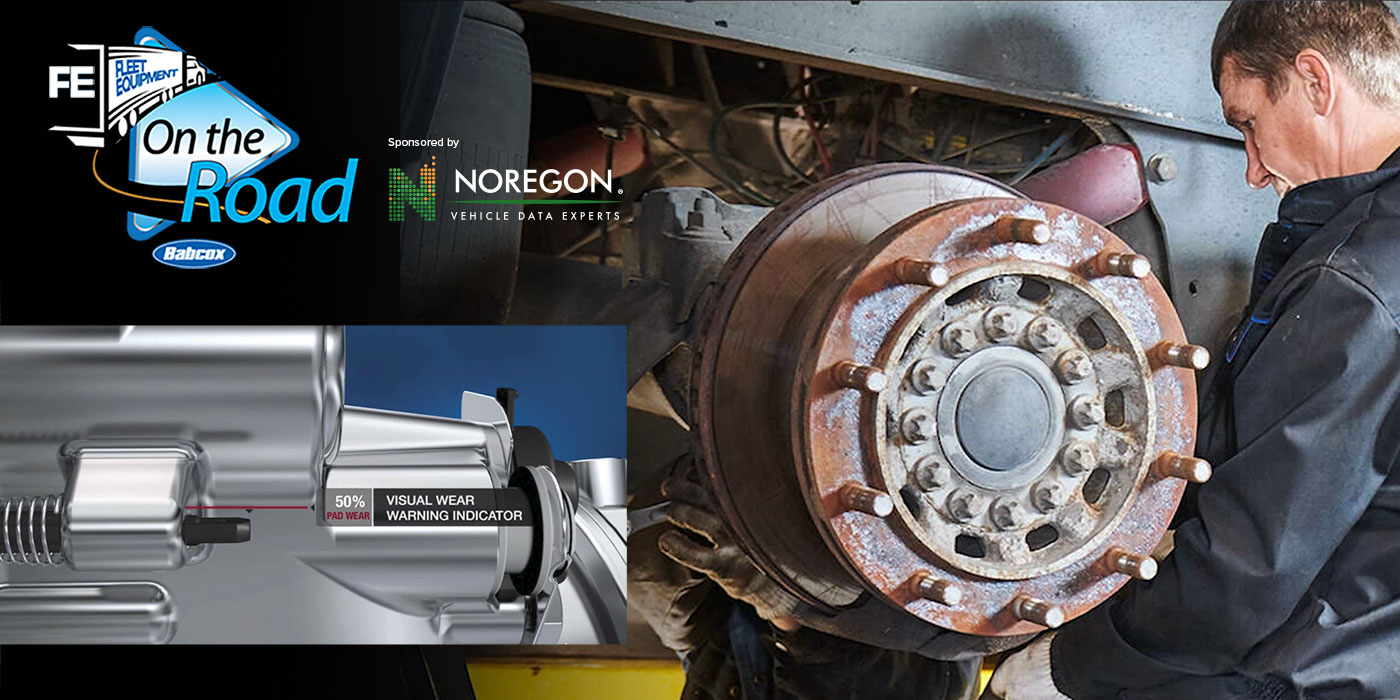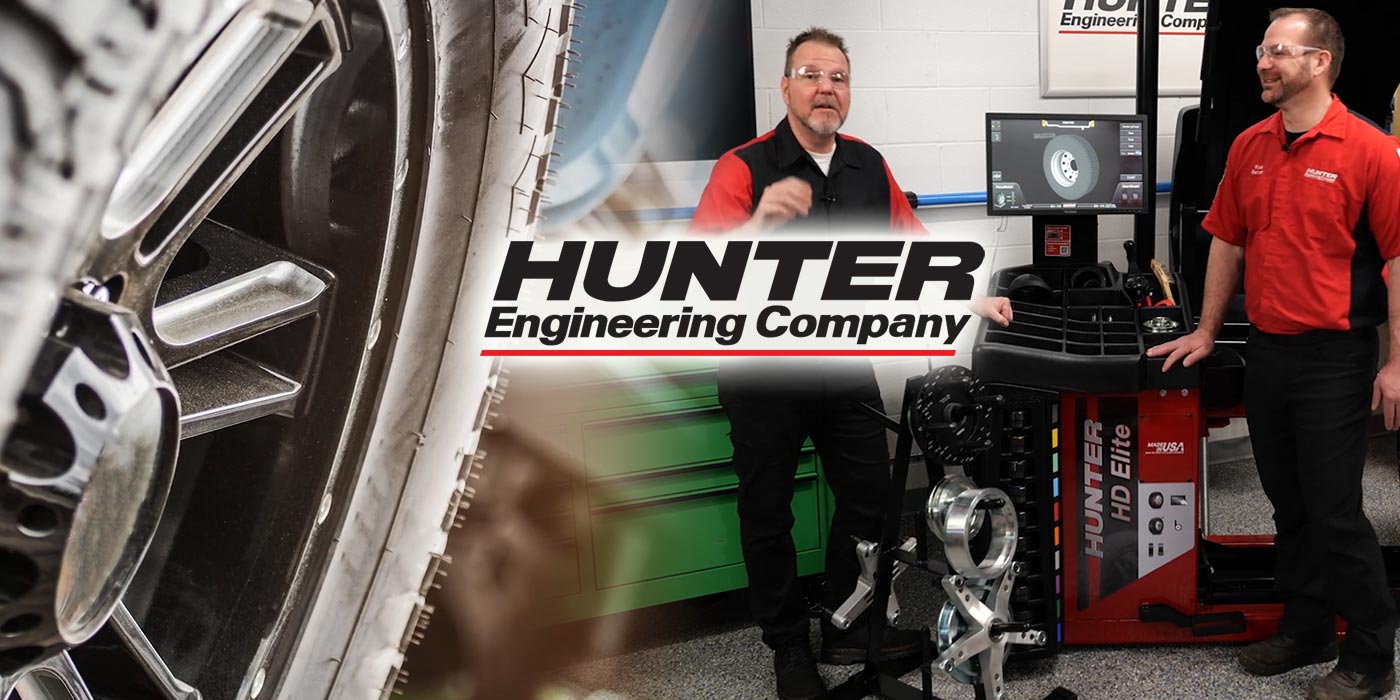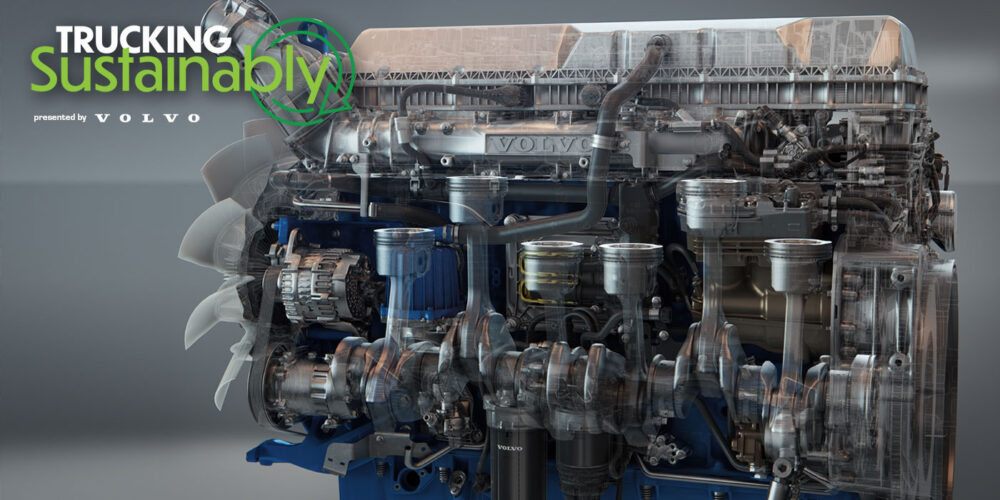Addressing a proper work-life balance, recognition and opportunities for training are important in any industry for keeping employees satisfied. In trucking, fleet managers have access to some unique tools to keep tabs on these employee satisfaction levels. Many of these fleet management tools can be customized to collect data insights that adapt to the needs of the fleet. Mobile workflow applications can help identify the time of day and the roads that experience high levels of traffic congestion, allowing drivers to optimize their routes.
Click here to watch more of FE’s On the Road video series.
Here is a transcript of the video:
From the driver’s perspective, optimized routes let them see precisely where they need to be and when they need to be there. This can help lead to a healthier work-life balance and potentially get that driver home sooner.
But fleet management tools go beyond route planning. Fleet managers can identify top performing drivers by using driver scorecards. Drivers are scored based on their ability to adhere to predefined safety rules of the fleet’s choice. Think speeding regulations, seat belt usage, braking, acceleration habits, those types of things.
Drivers with the highest scores can be acknowledged for their efforts, thus improving their professional recognition within their fleet and helping to motivate other drivers to improve their performance.
In trucking, there seems to be this consistent flow of new technologies, new processes, new regulatory issues, and new ways to improve efficiency – and all of this can all be tracked with telematics. So why not link telematics and training too?
Heck, drivers aren’t blind. They know telematics are out there, and they want to know more about it. If you’re looking to enhance driver retention, consider using this influx of data to invest in personalized driver training
In general, drivers very much embrace the whole idea of telematics-based training and coaching activities, because it’s giving them what they actually need. They’re not having their time wasted by things that aren’t relevant to them. So, where a fleet might have had two or three road trainers who primarily were used for onboarding and new hires, today that fleet could have two or three times that many, working with experienced drivers doing that on-road coaching in specific areas based on the telematics data.
Fleets should approach this by giving everybody something like two sessions a year with a coach, whether a particular driver has a problem or not. And by doing that, there is that sense that everybody gets something. It’s not so much a punishment. It’s just a normal part of the culture that everybody is going to get help and improve.
Telematics data should be used as a foundation for coaching, rather than just identifying problems or rooting out any bad actors.
The fleets that are having success with their data have that right approach where they’re thinking, ‘how can I use this data for continuous improvement?’ and not just as a way to protect themselves.













